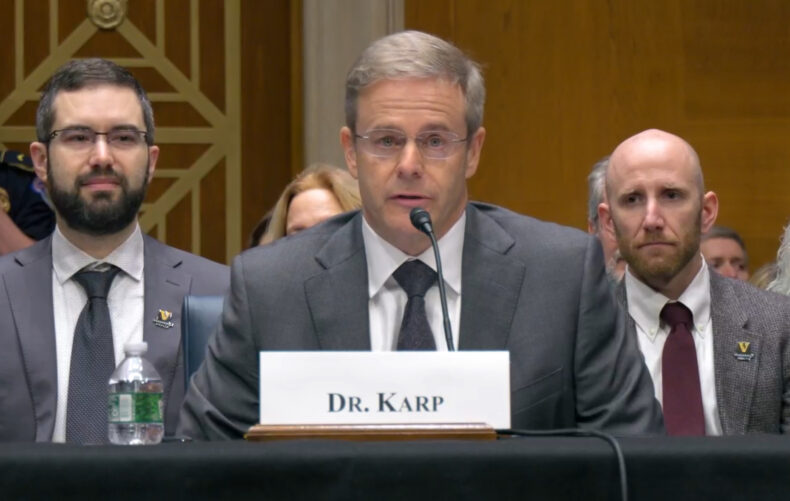
The charter that was written in 1989 upon the creation of the Vanderbilt Transplant Center (VTC) continues to hold true to its mission — to propel and direct organ transplantation, research, medicine, technology, education and the public education of transplantation into the future as the recognized leader and national authority of multi-organ transplantation.
VTC is the longest continuously running program in Tennessee and has been lauded for high percentages for one-year, five-year and long-term survival rates for organ transplant recipients.
“Twenty-five years later, this mission statement is still applicable,” said Seth Karp, M.D., director of the VTC. “We have come a long way since 1989 and we will continue to integrate the newest innovative and technological solutions in our practices to help us care for our patients.

“Over the past three years the center has seen tremendous growth in all of our programs,” he said. “Although volumes are important, what matters most to me are our outcomes. We continue to maintain outstanding outcomes across all of our programs.”
Karp told a packed room of transplant center faculty and staff gathered to mark the center’s anniversary that there were a few things that set the VTC apart from other programs when it was first started, including offering all solid organ transplantations as well as bone marrow/stem cell programs for adults and children and the implementation of the Management Services Organization model (MSO), which operated with one central administration providing cost-effective services to all programs rather than a self-contained-by-service line model.
The unified, multidisciplinary approach that formed VTC offers a host of common support services that provide value-added benefits to patients and payers, said Karp.
“What we are really celebrating today is the great vision of people from 25 years ago,” he said to thunderous applause. “We are bearing the fruits of a truly visionary concept.”
Today, the VTC is the eighth largest multi-organ transplant center of its kind in the nation. Vanderbilt’s Liver Transplant program is among the top five in the country and the Heart Transplant program ranks in the top 15 nationally.
The Heart Transplant program produced a one-year, post-transplant patient survival rate of 100 percent for reporting periods of 2011 and 2012.
Transplants for 2013 included 119 liver, 204 kidney or kidney/pancreas, 56 heart and 24 lung.
In 2013 the center experienced a 20 percent increase in the volume of life-saving transplants compared to the same period during 2012.
Karp is only the third person appointed to lead VTC since it was established in 1989. William Frist, M.D., was the center’s founding director, serving from 1989-1993, followed by C. Wright Pinson, MBA, M.D., deputy vice chancellor for Health Affairs, who served as the center’s director for 18 years.
Pinson briefly addressed the crowd applauding the continued success of the 25-year-old program.
“I tip my hat to you all,” said Pinson. “All members involved are at the table working as a unit to provide exceptional care to every one of our patients.We are not only training residents and fellows, the next generation of physicians, but we are investing in everyone involved on the transplant team.
“We have done transplantation very, very well,” he said. “It is exceptional what has happened here since the first heart transplant was performed here in 1985.”











